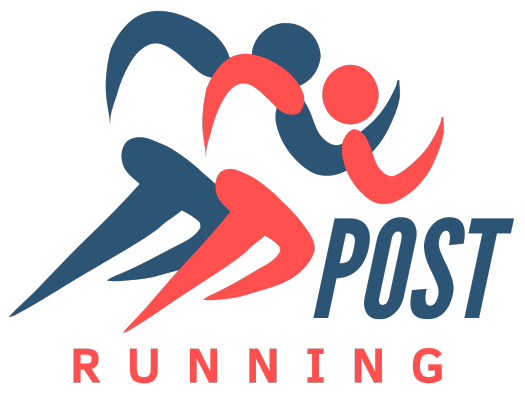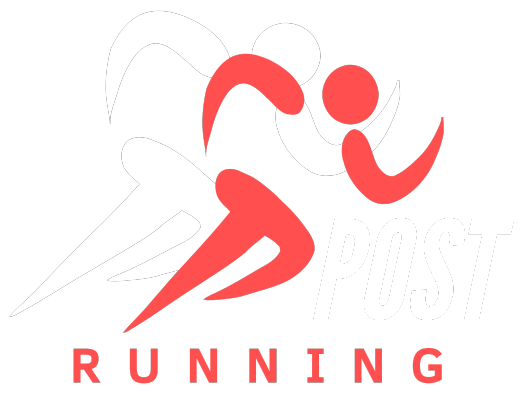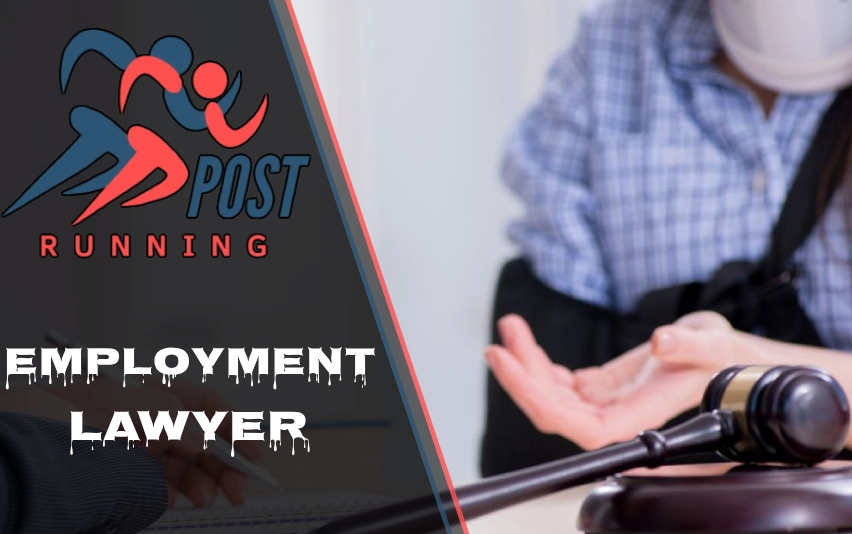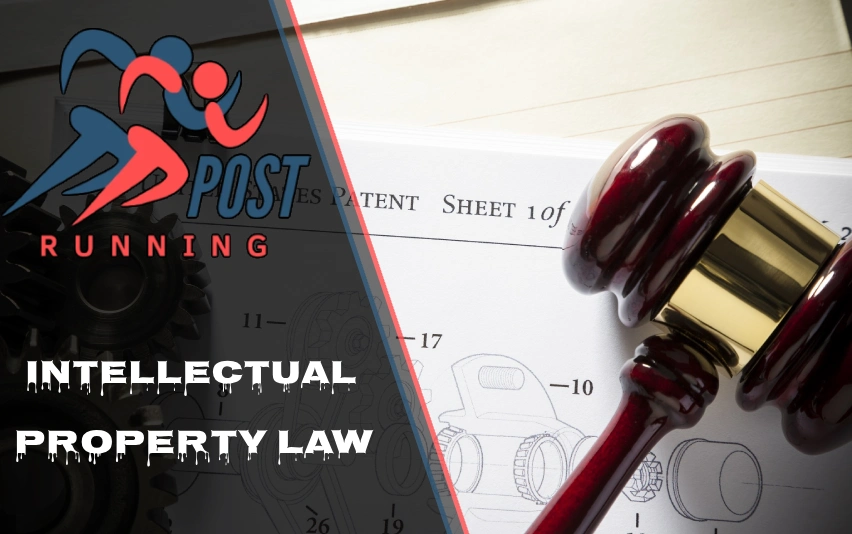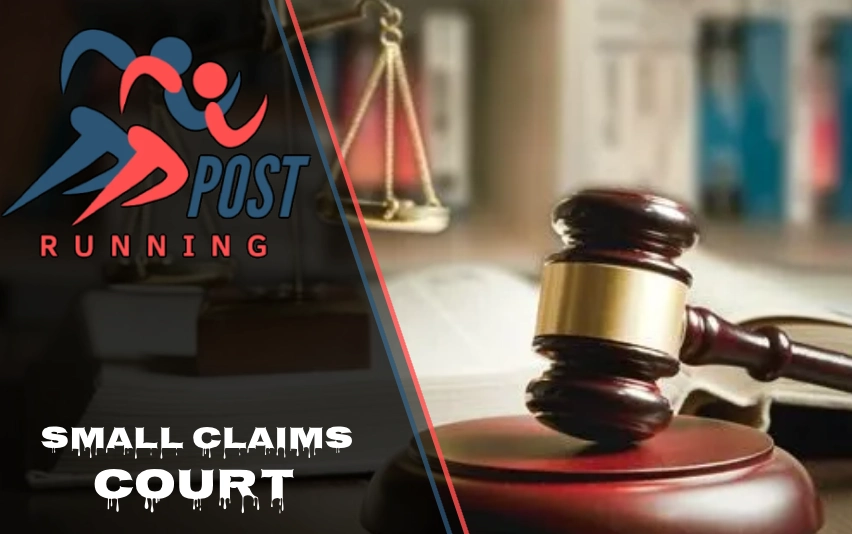Employment disputes can be stressful, overwhelming, and downright confusing. Whether you’re dealing with wrongful termination, workplace harassment, or a complicated contract negotiation, finding the right legal expert is crucial. But how do you ensure you’re making the right choice? This guide will walk you through tips for choosing the right employment lawyer, helping you understand what to look for and how to avoid common pitfalls.
Who is an Employment Lawyer?
An employment lawyer is a legal professional who specializes in workplace-related issues. They represent employees or employers in disputes involving labor laws, contracts, and workplace rights. Whether it’s tackling cases of discrimination, wrongful termination, wage disputes, or harassment, employment lawyers are experts in navigating the complexities of employment law.
Their role isn’t limited to courtroom battles. Employment lawyers also provide advice on contracts, mediate disputes, and ensure that businesses comply with labor laws. In short, they’re your go-to experts for any legal matter tied to your job or workplace.
Why Do You Need an Employment Lawyer?
There are many situations where hiring an employment lawyer becomes essential. For instance:
- Wrongful Termination: If you believe you were fired unfairly or without cause.
- Workplace Harassment: When dealing with a hostile work environment or harassment from colleagues or supervisors.
- Discrimination: If you’ve faced discrimination based on race, gender, age, disability, or other protected characteristics.
- Wage Disputes: When your employer fails to pay overtime or violates wage laws.
- Contract Negotiations: To review or negotiate employment agreements and severance packages.
An employment lawyer protects your rights and ensures that your employer complies with labor laws. They also help level the playing field when dealing with large companies that have their own legal teams. Simply put, having an experienced lawyer on your side can make all the difference.
Key Qualifications to Look For
When searching for an employment lawyer, it’s important to evaluate their qualifications carefully. Here are the key factors to consider:
Credentials and Licensing
First and foremost, ensure the lawyer is licensed to practice in your state and is a member of the local BAR association. This guarantees they meet professional standards and are authorized to represent clients in legal matters.
Experience
Experience matters—especially in employment law. Look for lawyers who have handled cases similar to yours. For example, if you’re dealing with a discrimination case, find someone with a proven track record in that area.
Specialization
Employment law is complex and constantly evolving. Choose a lawyer who exclusively practices employment law rather than a generalist who dabbles in multiple areas of law.
Reputation
A good reputation speaks volumes. Check online reviews, client testimonials, and peer recommendations. Websites like Avvo and Martindale-Hubbell can provide insights into a lawyer’s reputation and ratings.
Steps to Choosing the Right Employment Lawyer
Finding the right lawyer doesn’t have to be daunting if you follow these steps:
1. Define Your Needs
Before you start searching, identify your specific legal issue. Are you dealing with wage disputes? Harassment? A contract review? Knowing what you need will help narrow down your options.
2. Conduct Research
Start by researching potential lawyers online. Use directories like Avvo or Martindale-Hubbell to find experienced employment lawyers in your area. Personal referrals from friends or colleagues can also be helpful.
3. Schedule Consultations
Most lawyers offer free or low-cost initial consultations. Use this opportunity to meet multiple lawyers and assess their approach, communication style, and compatibility with your needs.
4. Evaluate Communication Skills
Pay attention to how well the lawyer communicates during your consultation. Do they explain legal concepts clearly? Are they patient with your questions? Good communication is key to a successful attorney-client relationship.
5. Understand Fee Structures
Employment lawyers may charge hourly rates, flat fees, or work on a contingency basis (where they only get paid if you win). Make sure you understand their fee structure upfront and compare costs before making a decision.
Qualities to Prioritize
The best employment lawyers share certain qualities that set them apart:
- Strong Negotiation and Litigation Skills: Whether settling out of court or representing you in front of a judge, your lawyer should be skilled at achieving favorable outcomes.
- Dedication and Responsiveness: A good lawyer prioritizes their clients’ needs and responds promptly to inquiries.
- Ethical Practices: Look for professionalism and integrity throughout the process.
Common Mistakes to Avoid
When choosing an employment lawyer, steer clear of these common pitfalls:
- Relying Solely on Advertisements
Don’t pick a lawyer just because of flashy ads or catchy slogans. Always verify their credentials and experience. - Ignoring Red Flags
If a lawyer has poor communication skills, disciplinary records, or seems uninterested during consultations—move on. - Choosing a Generalist
Employment law is highly specialized. Avoid hiring someone who doesn’t focus exclusively on this area of law.
Key Traits of an Ideal Employment Lawyer
| Trait | Description |
|---|---|
| Credentials | Licensed attorney with BAR membership |
| Experience | Proven track record in employment law cases |
| Specialization | Focused on workplace disputes like wrongful termination or discrimination |
| Communication Skills | Clear, jargon-free explanations |
| Reputation | Positive client reviews and peer recommendations |
Timeline of Career Achievements (Example for Top Lawyers)
Here’s what success might look like for top-tier employment lawyers:
- Successfully litigated over 100 employment cases with a 90% success rate.
- Spearheaded landmark class-action lawsuits resulting in multimillion-dollar settlements.
- Drafted winning motions for summary judgments in complex employment disputes.
- Represented high-profile clients in precedent-setting cases involving workplace rights.
Conclusion
Choosing the right employment lawyer can feel overwhelming at first—but it doesn’t have to be if you follow these tips! By defining your needs, researching thoroughly, and prioritizing key qualities like experience and communication skills, you’ll increase your chances of finding the perfect fit for your case.
Remember: The right lawyer isn’t just someone with credentials—they’re someone who understands your situation and fights tirelessly for your rights. Take your time evaluating options because this decision could significantly impact the outcome of your case.
Discover more fascinating insights—explore Running Posts Today.
